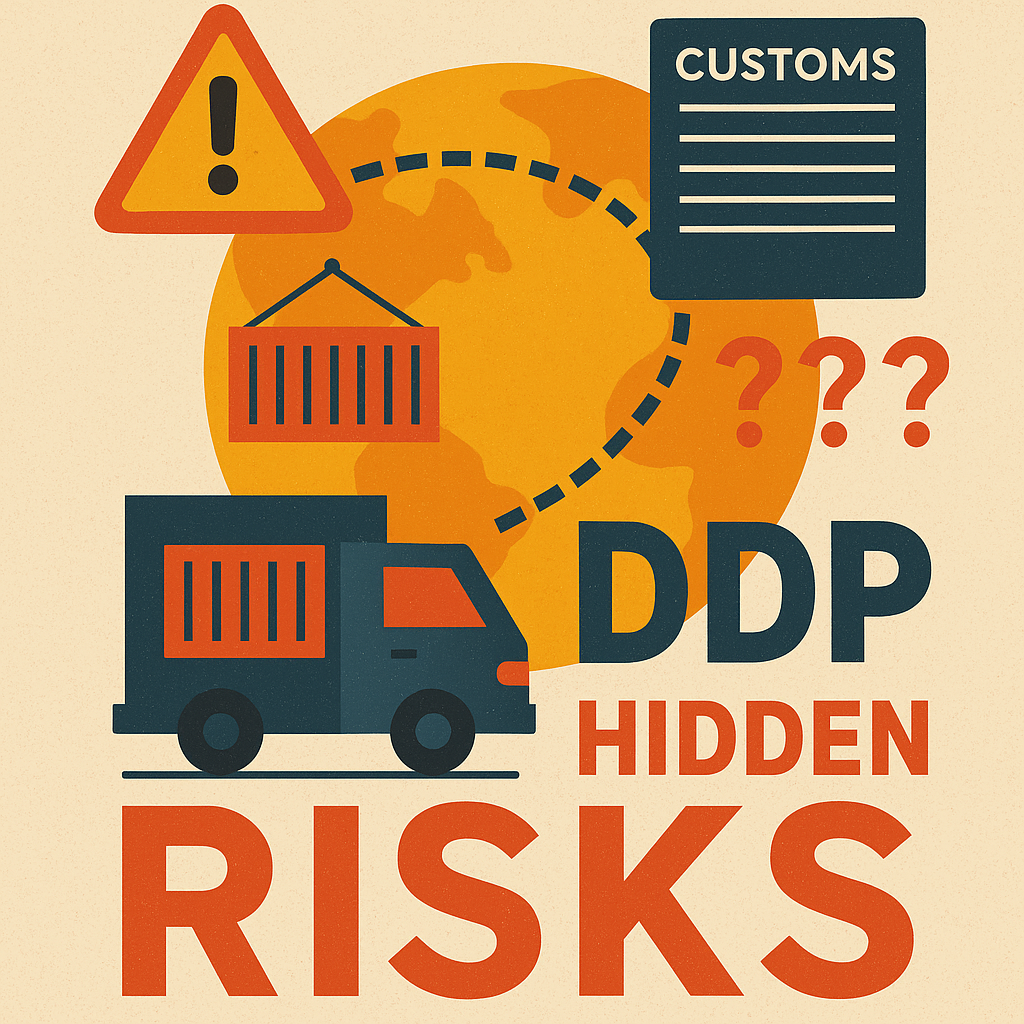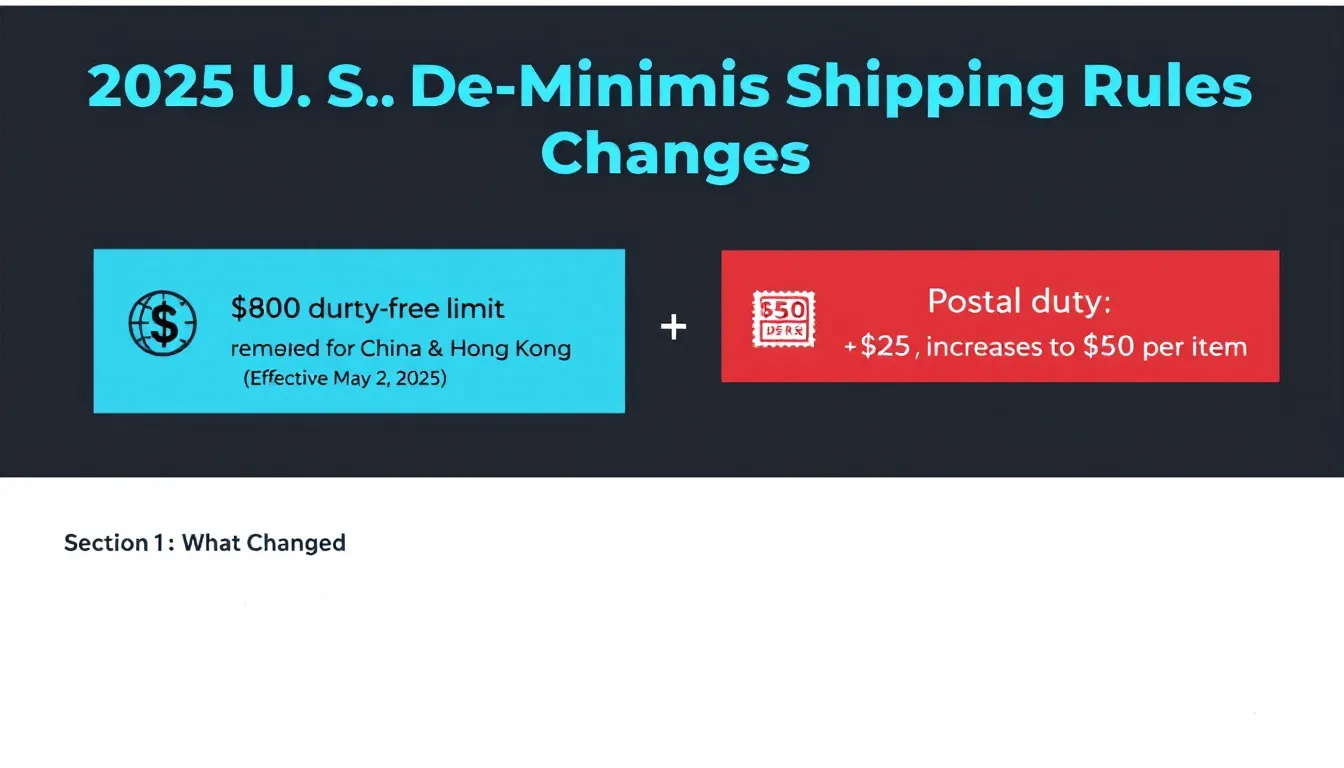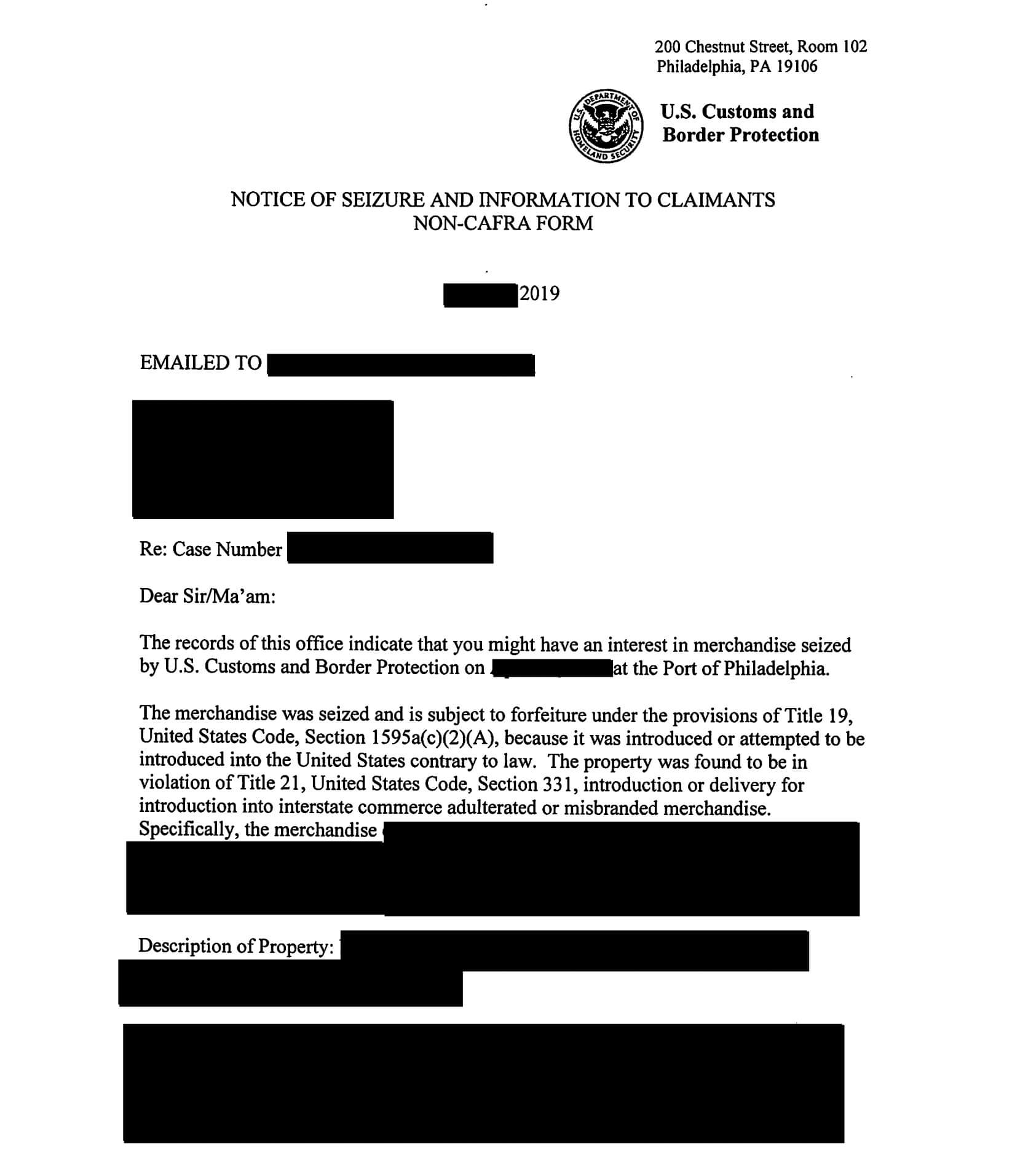Nobody wants a visit from law enforcement for an avoidable offense.
As an importer or exporter dealing in foreign trade, it’s good to stay up on Cuba sanctions. That way your business can access this market.
The United States maintains limited engagement with the Cuban government.
But there are exceptions to restrictive foreign affairs. And we want to introduce you to them.
Let’s further your business development.
Can I Export to Cuba From the United States?
A month before Cuba entered the World Trade Organization in 1995, Congress enacted a bill. The Export Enhancement Act.
It changed the authorized circumstances for exporters of medical devices and drugs.
It’s one example of trade sanctions reform. And it gives hope for tapping into the market potential of Cuba.
Regulations and Permits Required for Exporting Items to Cuba
Certain exports to Cuba require a license from the Department of Commerce’s Bureau of Industry and Security (BIS).
Make sure you have one if your products or services fall under Export Administration Regulations (EAR).
Applying will either result in:
- Approval
- Review on a case by case basis
- Denial
Should you be refused, consult with an international trade lawyer to appeal the decision.
List of Prohibited and Allowed Goods
Perform your research before exporting to Cuba.
Double-check that your commodities aren’t barred from shipping overseas. Additional information can be found on the BIS website.
You’re probably wanting to know what’s allowed in advance. See below for qualified items.
Some notable exceptions:
- Medical devices
- Agricultural products
- Internet services
- Mobile phones
America wants to stay competitive in farm equipment.
But it’s willing to allow Cuban buyers to purchase authorized food products. One example is goat meat.
Other items include:
- Fish
- Butter
- Vegetables
The Treasury Department issued a fact sheet in August 2021. It emphasized the United States’ “provision of certain internet and related telecommunications services.”
It was made public after the Cuban government limited online information during that summer’s protests.
Sanctions Imposed by U.S. Government
A trade embargo of Cuba’s communist leaders has been active since 1960. State owned enterprises within this country in the Americas are the main targets.
In 1992, the Cuban Democracy Act okayed exporting of food and other humanitarian aid. Its main goal, however, was to punish other nations that did business with the communist rulers.
Affected countries:
- Venezuela
- Canada
- Brazil
Tourism to the country is prohibited. But as with most regulations, exceptions remain.
According to the relevant department within the Treasury’s office, travel is allowed for:
- Official business of federal agencies
- Authorized export transactions
- U.S. journalists on assignments
- Activities for private foundations
A general license is needed to fly over there.
Now that we’ve covered exports, it’s time to address bringing products into the U.S.
Can I Import From Cuba to the United States?
Citing national security concerns, our government is wary of goods coming in. Transportation of items without authorization can get you in trouble.
But the nation of Cuba has a rich cultural history that is appealing to consumers.
And should you choose to offshore part of your supply chain, partnering with private businessmen could be valuable.
Overview of Imports From Cuba
According to the Office of Foreign Assets Control (OFAC), certain goods and services qualify as imports. They must be made by independent Cuban entrepreneurs.
The key word is “independent.” Our nation wants to ensure the transactions will benefit the Cuban people. Not those in power.
U.S. citizens can bring these authorized items into the country.
Permits Required for Importing Items From Cuba
Importation to sell items is restricted by the trade embargo.
Except in the case of informational materials. There’s no limit on importing or exporting them.
The U.S. embassy based in Havana shares a way to follow Cuba’s laws. It deals with sculptures and souvenir paintings.
Most galleries and studios will provide you with purchase documents. Keep them in a safe place.
To take them home, you can also apply for an export permit. Go through the Cuban Fund of Cultural Assets for this task.
Because you don’t want these items seized at the port of departure. Protect your art transactions with the necessary authorization.
Prohibited and Allowed Goods for Importation
Transactions are generally prohibited unless authorized by OFAC.
One of their guiding documents is the State Department’s Section 515.582 list. There’s a Spanish version available here.
Imports which aren’t allowed:
- Vehicles and aircraft
- Live animals
- Ammunition
The process of authorization for acceptable goods and services involves evidence. What does it consist of?
You must prove that independent Cuban entrepreneurs don’t have any ties to socialist republic leaders.
Ways to do that:
- Share a copy of a self-employed license issued by the Cuban government
- Produce validation that they are a private entity
It’s always better to provide even more information than officials may need.
Regulations on Gift/Personal Imports
Commerce between the United States and Cuba won’t ever stop.
Especially in the area of gift giving. Previously limited to $100 worth of rum and cigars, Americans saw a change in 2016.
Before that, Customs officials would confiscate these items. Now, you can pack your bag full of them.
But only for personal use or as gifts. It’s still illegal to sell them in the U.S.
By now, you see that Cuba sanctions don’t completely limit international trade. However, you’ll want a professional guide as you seek to import or export.
Reidel Law Firm Addressing Import and Export Restrictions
Diplomatic relations may never fully thaw between our two countries. But the Cuban people can still benefit from your investment in their lives.
We help businesses like yours with imports and exports.
As experts in international trade law, we can help you handle the legal aspects of any OFAC issues.
Our international trade law division also supports:
- Import Compliance
- Export Compliance
- Litigation before the Court of International Trade (Section 337, anti-dumping/countervailing, and other trade-related cases)
- Trade Compliance Audits and Training
Call Reidel Law Firm today at (832)510-3292 or fill out our form to see how we can help your business expand internationally.






